I got a chance to sit down with Aletor Beresford-Cole with
the African American Student Association and Alpha Alpha Phi Alpha Fraternity,
Inc. Both groups are co-sponsors of the library’s reading series starting March
8, “Two Books, One Community: Great Gatsby and Fire in Beulah.” The latter book
tells the story of three women leading up to the 1921 Tulsa Race Riot.
I asked Aletor, who grew up in Tulsa, if he had learned
about the riots in school. I wasn’t surprised to hear that he hadn’t, but he
did get to learn about it while on outings to places like the Greenwood
Cultural Center. This seems to be the experience of many people with whom I
have spoken, regardless of their race.
I asked Aletor if, when other black people he knew learned
about the riots, they were shocked. He said no, that being treated badly by
others was so typical in their lives that very little surprised them anymore. As
children, they had to learn to navigate the world prepared to face attacks for
being black.
Aletor shared with me reoccurring incidents of being called
“Boy” (and not in an affectionate way), of being watched like a hawk while
shopping, of being stopped by police when he was out at night and of many other
incidents. During all of this, he had to stay calm and just walk away, because a
black man standing up against this treatment just leads to trouble, while the
perpetrators almost always leave unscathed. Aletor learned at a young age to
pick only the battles that had to be fought.
Aletor still struggles understanding why so many people are
suspicious of him. He asks what is it about him that is so threatening or
offensive? It is especially hard for him knowing that, while he is not in
classes studying for a marketing degree or at his job on campus, he and the
members of his organizations are doing things like going out to retirement
communities to help seniors learn computer skills, going to schools to mentor
at risk children and volunteering for community organizations. They spend their
time being an asset to the community. He also wonders about the trigger in
people that makes them distrust him and about what is inside people that make
them treat others like they do.
Many black people are asking these questions right now. I
asked Aletor why he thinks that the fight for civil rights has increased again
after being seemingly dormant for decades. Aletor said it really isn’t that the
fight has increased, but that now the entire world can see firsthand what it is
like to be black. Social media has become black people’s best weapon against
the treatment many regularly receive.
But he doesn’t think social media will really change things
much—little has changed even as video after video is released. Aletor and I
talked about what it would take for real change. Football came up a lot. We
talked about recent incidents at the Universities of Missouri and Oklahoma and
whether it was the football teams threatening not to play that made the
schools’ administration finally act. We both agreed that change is most likely
to occur when people’s and organizations’ pocketbooks are affected.
I closed our conversation asking Aletor whether he thought
that the library’s “Two Books, One Community” series would make any difference
to race relations in our community. Aletor very kindly and diplomatically said
that anytime someone shines a light on a divisive issue, it a good thing.
I don’t know if this series will make a difference to
anyone, but I do know that it definitely won’t work if we don’t have a true
cross section of our community present at our discussions. Old and young.
Black, Hispanic, Native American, Asian, and White. Rich and poor, male and
female. We have so many ways of dividing ourselves up, but we want this series
to be an impetus for pulling our community together—for figuring out how we are
alike. And we can’t do this until we have some real discussions.
One thing that holds us back from talking to each other is
fear that we’ll say something offensive and not know it. I awkwardly asked Aletor
if anything I had said or asked was offensive without me knowing it. Aletor
told me no and that he was surprised that I had asked about some of his
experiences as a black person, because very few people ever do. Let this be the
time that we talk civilly, ask questions and let these two books help us understand
what it’s like to be in another person’s shoes.
For information about the series, our 20 events and 20 book
discussion and getting free copies of the books, visit http://library.stillwater.org/TheBeesKnees.php.

No comments:
Post a Comment